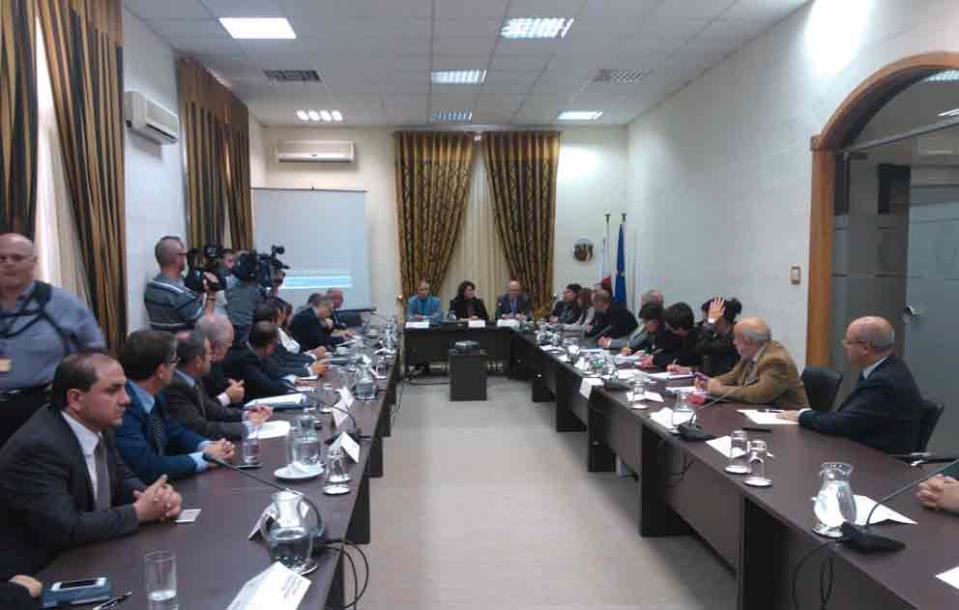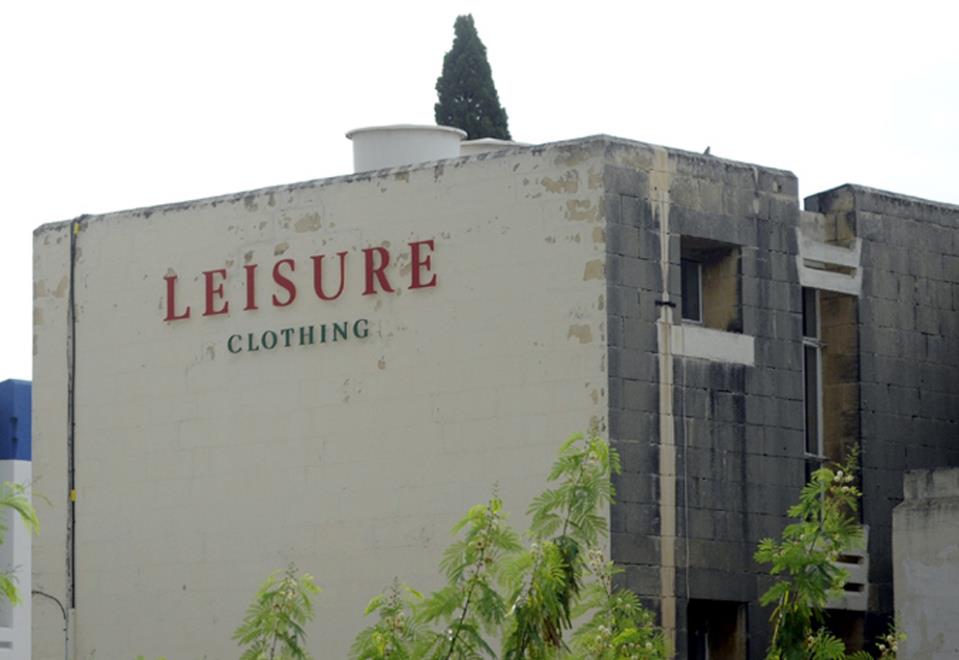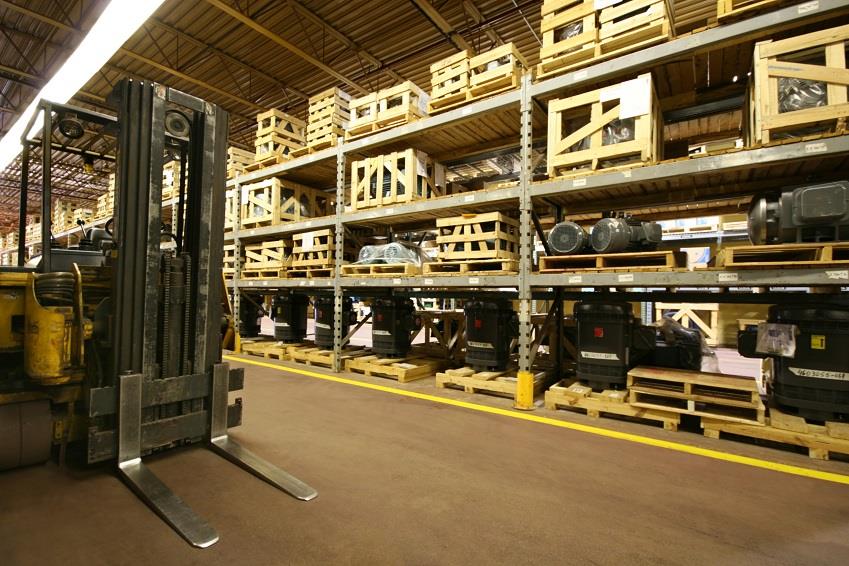When I met the president of the Malta Chamber of Commerce, Enterprise and Industry last week at the Exchange, they were preparing for a top level meeting which brought together the Prime Minister and the Leader of the Opposition to meet the members of the Chamber.
David G. Curmi, and his aides were greatly encouraged by the response there had been to the document, 'An Economic Vision for Malta 2014 -2020' (It was to get even more positive feedback at the subsequent meeting with the Prime Minister and Dr Busuttil).
No negative feedback had been received, Mr Curmi told me in an interview. The document is not perfect, and not all sectors are covered because for sectors such as tourism there are other business organisations whose role is to specifically look after the requirements of these special sectors.

The Chamber was actually surprised at the positive feedback received from stakeholders forming part of MCESD.
There was also positive feedback from the media and no negative comments at all, as it was described as one of the most important documents to have been issued in recent years.
Perhaps the reason for this universally positive response is the fact that the Chamber did not turn to economists to draw up the document but to people engaged in the business sector, both in Malta and in Europe. The economic vision enshrined in the document is thus based on the local context.
The 20 businessmen and the Rector of the University who drew up the document have a longer vision than one would find for instance in politicians who necessarily act on a short-term vision. This is a vision for the next 30 years. In contrast, the politicians' span of vision is the next five years.

Essentially, what the Chamber tried to do relates to an initiative by Business Europe which proposed its economic vision for Europe and presented it to the new head of the Commission, Jean-Claude Juncker. The Chamber tried to do this in the Maltese context - what, for instance, does it think about economic stimulus and what effect this would have on Malta's competitiveness.
The very low interest rates may be right for those who need to borrow money, but all in all they do not create the right business climate. The low inflation scenario may be good for consumers but may not be the best news for industry. In fact, economic growth in 2015 is forecast to be lower than that of the current year.
The problems being faced by France and Italy and now even Germany are dragging the rest of Europe down. Jobs, for instance, are not created by governments but by business investment acting on the right stimuli.
Talking about the current economic situation in Malta, Mr Curmi tells me that Malta does not have serious economic problems. Nonetheless, it is running a slight temperature that requires some remedy. No matter how slight the fever may be, if left unaddressed, it threatens to become a serious matter.
The Chamber's proposals for Budget 2015, I am told, seek to do this. The Chamber strongly advocated a two-pronged approach, firstly calling for fiscal consolidation and secondly to seek significant enhancement of the country's competitiveness.
People in Malta look at what rating agencies like Fitch, or the Commission in its Autumn Forecast have been saying about Malta and get the impression that Malta is out of the woods. The EU forecast and Fitch are good indications but may instil a false sense of security if wrongly interpreted.

The Chamber is concerned because the latest GDP growth forecasts for 2014 (3.0%) and 2015 (2.9%) are fuelled mainly by Domestic Demand and Public Expenditure (4.3% - 2014) and (2.6% - 2015). This kind of growth is not sustainable for Malta. Growth can only be sustainable for Malta if it is export-led and here the signals are not encouraging.
In 2014, Net Exports is expected to have a negative contribution to GDP (-1.5%) and a marginal positive contribution in 2015 (0.3%). Exports decreased by 3.6% between 2012 and 2013 (full year) and again by 1.0% between the first half of 2013 and the corresponding period this year. In the first half of this year, Gross Value Added (GVA) declined in the country's main productive sectors, namely financial services (-3.9%) and manufacturing (-4.1%). The Index of Industrial Production has been in constant decline since January 2013 with a slight exception for September 2013. In its latest reading for September 2014, the index stood -7.1 per cent.

GVA and exports figures are declining as a result of Malta's deteriorating competitiveness. The Chamber has been signalling this for a long time - mentioning in particular
- Energy rates for industry (second highest in EU28),
- Escalating growth in average compensation per employee between 2008-2013 - (Malta 12%, Eurozone 9.5%, EU27 8.7%)
- Real labour productivity per person employed between 2008-2012 (Malta -3.3%, Eurozone 1.0%, EU27 1.1%, Poland 14.4%)
- The costs relating to the transport of goods in Malta that are prohibitive in terms of national competitiveness given the country's size and isolation.
- Excessive bureaucracy and deteriorating rankings on the Ease of Doing Business Scale. The time it takes for most things to be processed by the government, and why government offices keep asking for the same information over and over again when many times this information can be obtained from government offices such as the Registrar of Companies, is amazing. There are also delays too at the VAT Department. Foreigners who want to invest in Malta can get a very negative image of Malta from other entrepreneurs who have been here before them and who have to face these unnecessary bureaucratic processes.
Many of these bottlenecks to growth are self-inflicted and need to be rectified without further delay.
Other problems persist: we have been speaking about pension reform for years. We are discussing the second pillar pension as we have been doing for the past years. The business sector, and particularly industry, is certainly not in a position to bear the additional costs of a mandatory second pillar pension. Political parties should agree on a timely introduction of the mandatory second pillar pension. For example, the introduction of this pillar could be linked to certain economic metrics being achieved such as the rate of economic growth, the rate of inflation, the level of productivity and so on. This would also enable the businesses to plan well ahead for its introduction.
Malta prides itself on having an adaptable population; it can be agile since it is a small country.

There have been quite negative comments in recent days on the situation at Leisure Clothing, which some have described as a sweat shop. But Mr Curmi thinks this is an exception, if anything, which must however be addressed as there is nothing that comes before work practices that guarantee the well-being of employees.
Others speak about reforming COLA because the formula sustaining it is 'too basic' and they would like to introduce a link to productivity. There have been many discussions about this at MCESD with a framework of agreement in place, but still no progress has been made.
Noises have been heard coming from the government that the coming Budget will see a shift from direct to indirect taxation. Despite having attended all pre-Budget consultation meetings held at the MCESD, the Chamber still has no idea of what is going to happen. Before it touches indirect taxation, the government would be wise to see that it has the necessary structures in place to collect the taxes it is owed from all sectors, rather than introduce additional taxes on the law-abiding companies thereby further fuelling unfair competition.
The very Maltese eco-contribution is creating all kinds of problems and is also leading to widespread abuse.

One other issue to be considered is to find out why business is not investing. There may be multiple reasons for this. Some blame government policies, others the banks' policies, and still others varying reasons.
Despite government policies, there are still people who refuse to work. Malta risks ending up like, for instance, southern Italy which has a huge cohort of people out of work - but then Malta is south of Italy.
Next year, industry will benefit from a reduction of energy prices but the reduction is not enough to bring local rates on a par with the EU average rate which - in turn - is more than twice as high as the average rate in the US. In the light of the disproportionate cost of energy in Malta, the Chamber has reiterated its appeal to the government to give serious consideration to the need for a further reduction in tariffs for the country's highest energy-dependent companies.
Another issue relates to iGaming, which now accounts for some 12% of GDP with knock-on effects on the rest of the economy through rental of flats, restaurant patronage, and so on. The problem is finding alternative employment if a company in this sector, for example, a large one, folds up or moves away.